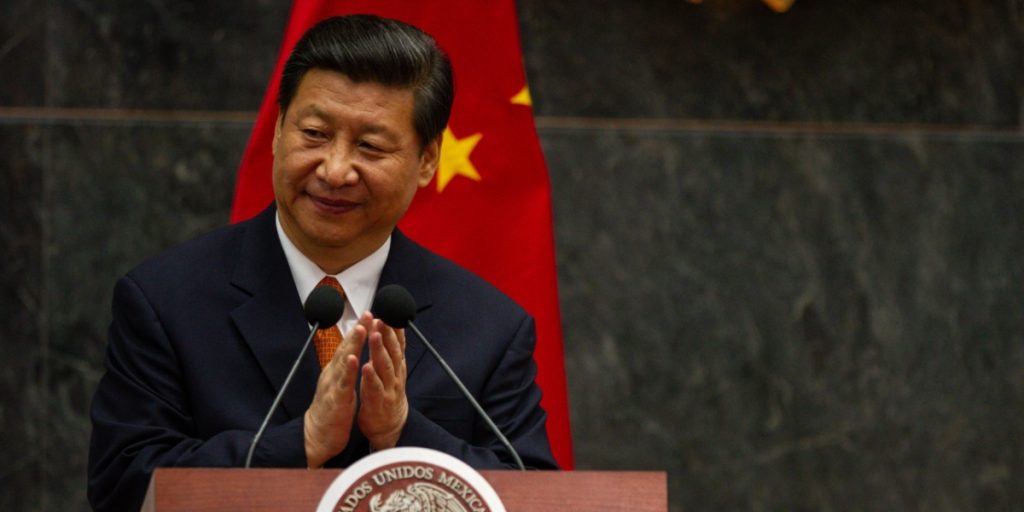Beijing voices firm opposition amid rising civilian toll and expanding ground offensive
Others are reading now
As Israel pushes forward with its military campaign in Gaza, international concern continues to grow. China has now added its voice to the chorus of criticism, denouncing the expansion of Israeli operations.
Beijing Calls for Restraint
On Tuesday, China publicly stated its opposition to the continuation of Israeli military activities in the Gaza Strip. “China is closely following the situation between Palestine and Israel and opposes the ongoing Israeli military operations in Gaza,” said Lin Jian, spokesperson for China’s Ministry of Foreign Affairs, as reported by Digi24.
The statement follows Israel’s approval of a plan to gradually expand its offensive against Hamas and the Palestinian Islamic Jihad. It also comes amid broader international demands for expanded humanitarian access to the besieged enclave.
Military and Humanitarian Stakes Escalate
While the Israeli government has authorized a humanitarian aid plan for Gaza, the timeline for implementation remains uncertain. Israel currently controls roughly one-third of the territory following its resumption of ground operations.
Also read
The renewed offensive began after the October 7, 2023, terrorist attack by Hamas in southern Israel, which killed 1,218 people and resulted in 251 hostages being taken into Gaza. According to the Israeli military, 58 hostages remain in the enclave, though only 24 are confirmed alive.
Since the onset of the campaign, at least 52,567 Palestinians have been killed, according to Gaza’s Ministry of Health—figures deemed credible by the United Nations.
Rising Global Pressure
International scrutiny of Israel’s military actions is intensifying, particularly in light of the humanitarian toll and the strategic ambiguity surrounding aid delivery. China’s diplomatic statement underscores the widening geopolitical concern over the conflict’s direction and the urgent need for de-escalation.
With external pressure mounting, Israel now faces growing demands not only for restraint but for a rethinking of its long-term military posture in Gaza.


